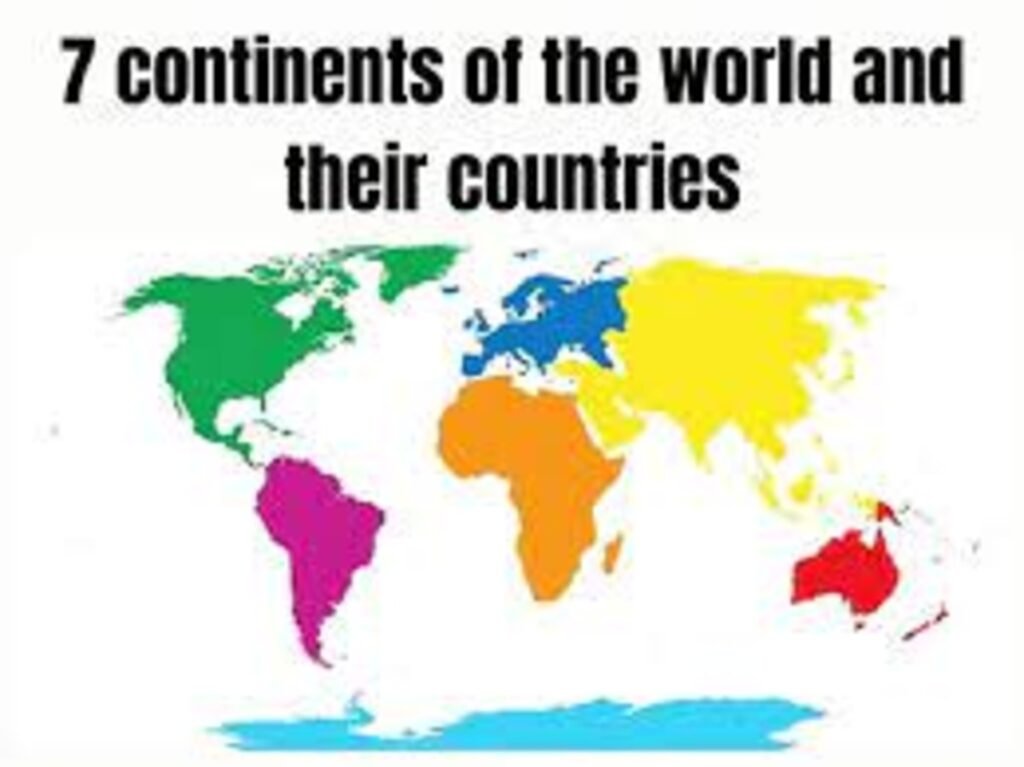Introduction:
Throughout history, countries have undergone transformations that go beyond political and geographical shifts. One fascinating aspect of this evolution is the change in their names. From rebranding efforts to reflect cultural shifts, to political upheavals that resulted in entirely new identities, here are seven countries that changed their names and the stories behind their transformations.

1. Myanmar (Formerly Burma):
In 1989, Burma officially changed its name to Myanmar, a move initiated by the ruling military junta. The decision was controversial, as it was seen by some as an attempt to legitimize the junta’s rule. However, the change aimed to encompass the country’s diverse ethnic groups, acknowledging the multi-ethnic nature of the nation.
2. Zimbabwe (Formerly Southern Rhodesia):
After gaining independence from British colonial rule in 1980, the African nation of Southern Rhodesia adopted the name Zimbabwe, meaning “great house of stone” in the Shona language. This change symbolized a new era of self-determination and pride in the nation’s rich history.
3. Czech Republic (Formerly Czechoslovakia):
Following the peaceful dissolution of Czechoslovakia in 1993, the Czech Republic emerged as an independent state. This change in name reflected the country’s new status as a sovereign entity, distinct from Slovakia, and marked the end of a historic union.
4. Eswatini (Formerly Swaziland):
In 2018, King Mswati III announced that his country, Swaziland, would now be known as the Kingdom of Eswatini. The decision was made to emphasize the nation’s African identity and break from the colonial past, as “Eswatini” means “Land of the Swazis” in the Swazi language.
5. Sri Lanka (Formerly Ceylon):
In 1972, this island nation off the southern coast of India officially changed its name from Ceylon to Sri Lanka. The new name, meaning “resplendent island” in Sinhala, aimed to represent the nation’s rich cultural heritage and assert its sovereignty.
6. Benin (Formerly Dahomey):
After decades of colonial rule and political turmoil, the West African nation of Dahomey became the Republic of Benin in 1975. The change honored the historic Kingdom of Benin, which once thrived in the region, and signaled a new era of independence.
7. North Macedonia (Formerly the Former Yugoslav Republic of Macedonia):
In 2019, the small Balkan nation reached an agreement with Greece to change its name from the Former Yugoslav Republic of Macedonia to North Macedonia. This historic move ended a long-standing dispute and opened doors to European integration, signaling a brighter future for the country.
Conclusion:
The evolution of a country’s name is often a reflection of its history, culture, and political landscape. These seven nations’ decisions to change their names have sparked discussions and debates, but they have also symbolized the resilience and determination of nations to redefine themselves on their own terms. These name changes are reminders of the ever-evolving nature of our world and the significance of identity in the global arena.










